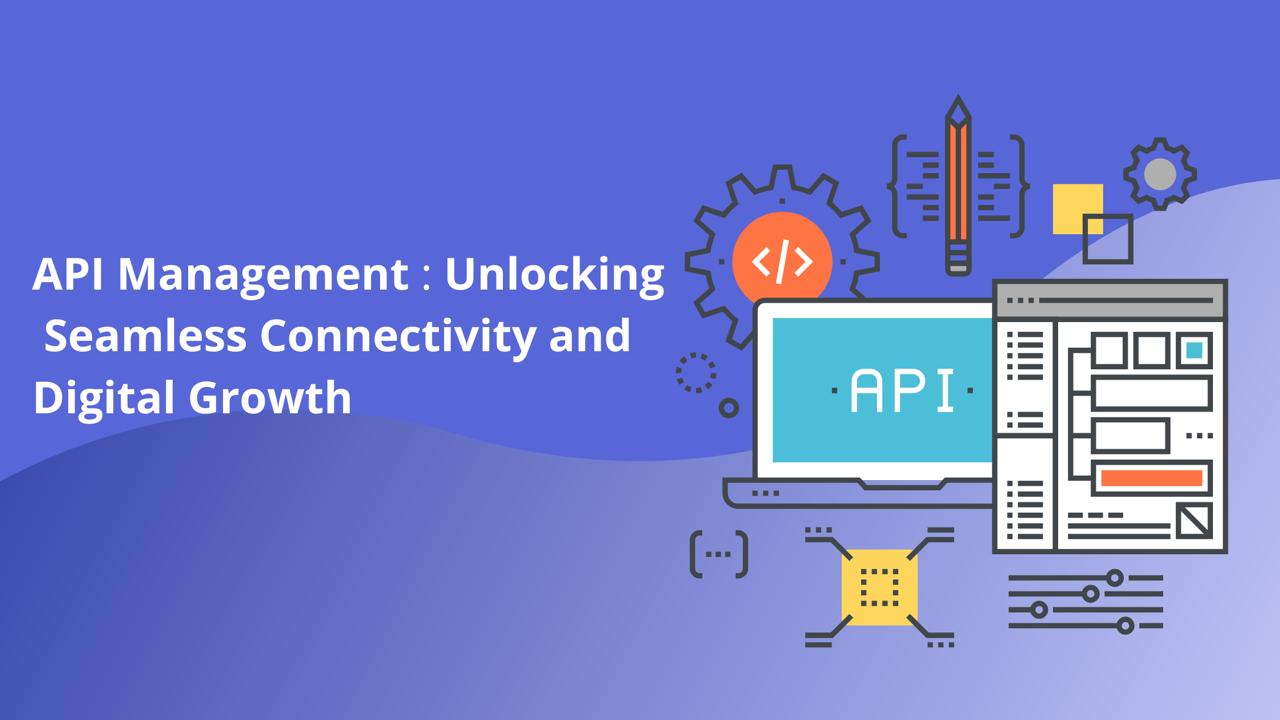
API Management: Unlocking Seamless Connectivity and Digital Growth
In today’s digital-first world, businesses rely heavily on software applications and integrations to deliver smooth user experiences. At the heart of this connectivity lies the API (Application Programming Interface) — the bridge that allows different systems, apps, and platforms to communicate. But as businesses scale, managing multiple APIs becomes complex. That’s where API Management steps in. API Management is the process of creating, securing, monitoring, and scaling APIs in a way that ensures efficiency, security, and performance. It helps businesses maintain control over their APIs while allowing developers to innovate faster and deliver better digital experiences. 1. Enhanced Security 2. Centralized Monitoring & Analytics 3. Faster Innovation 4. Scalability & Flexibility 5. Better Customer & Partner Experiences API Gateway – Acts as the entry point for managing traffic and enforcing policies. Security Controls – Protects APIs with authentication, rate limiting, and threat detection. Analytics Dashboard – Provides real-time insights into API usage and performance. Developer Portal – Simplifies collaboration by offering documentation and sandbox environments. Lifecycle Management – Helps track APIs from creation to retirement. Why Businesses Need API Management Now With the rise of digital ecosystems, cloud applications, and mobile solutions, businesses that fail to manage their APIs risk security vulnerabilities, performance bottlenecks, and inconsistent user experiences. API Management is no longer optional—it’s a necessity for businesses that want to stay secure, scalable, and competitive in the digital era. APIs are the building blocks of modern digital experiences. With effective API Management, businesses can not only ensure smooth connectivity but also drive innovation, improve security, and accelerate digital transformation.
What is API Management?
Why API Management Matters
APIs often handle sensitive data. With API Management, businesses can apply authentication, encryption, and access control to prevent unauthorized use.
API Management platforms provide real-time monitoring and performance insights. This allows businesses to identify issues early, optimize response times, and ensure reliability.
By streamlining API creation and documentation, developers can quickly build and deploy new applications, services, and integrations.
As businesses grow, APIs need to handle more requests and users. API Management ensures that your system scales without downtime.
Well-managed APIs make it easy for partners, third-party apps, and customers to connect with your services seamlessly.Key Features of API Management Tools
Final Thought:


